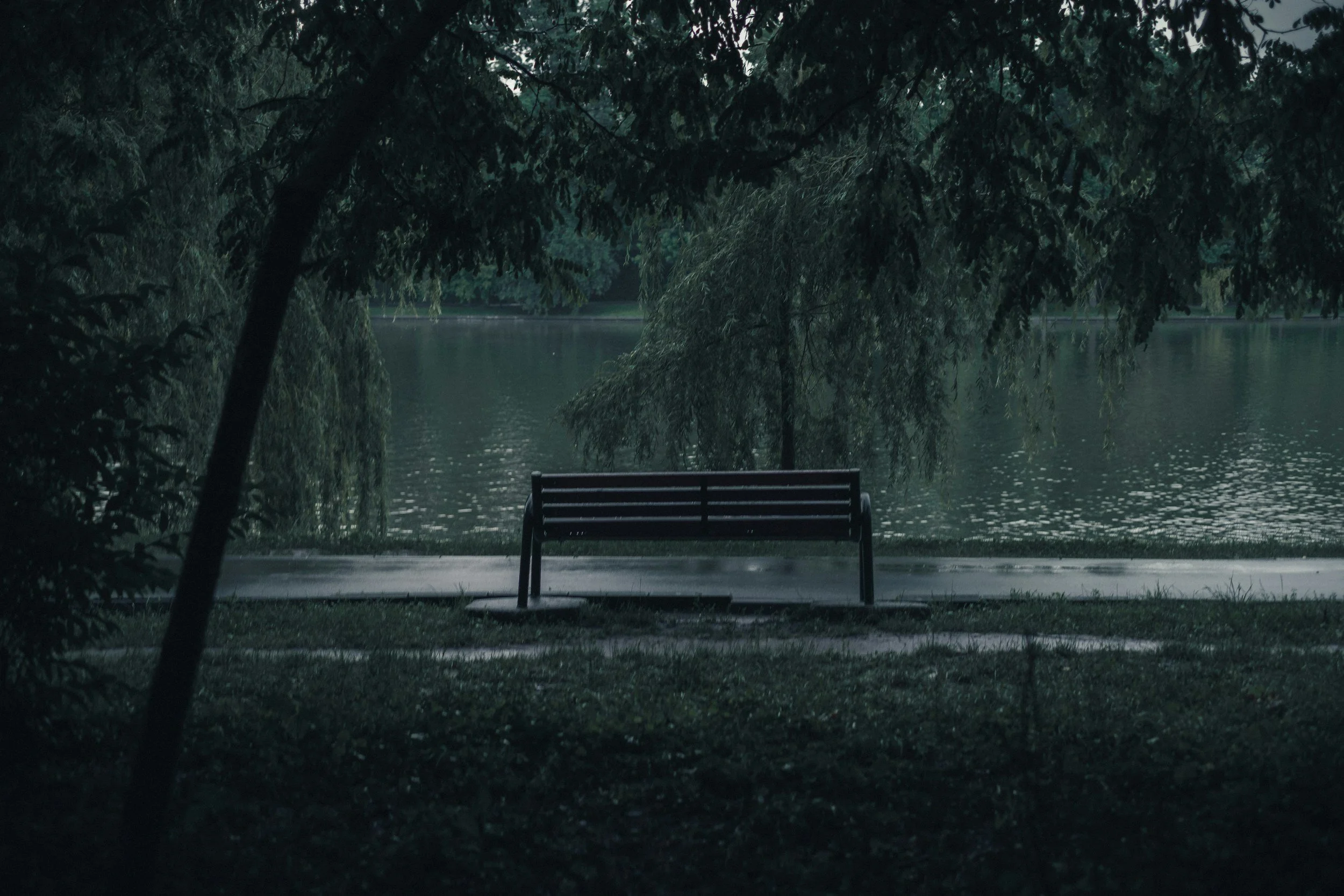Still Don’t Know What I’m Doing, But Here I Am
Growing up, I always thought life would make more sense once I reached a certain point. Maybe after getting a degree. Maybe after landing a job. Somewhere along the way, I assumed, everything would click into place.
It didn’t.
I signed up for a degree in Accounting and Finance thinking it would be straightforward. Debits and credits, money in and out – how hard could it be?
Very.
Accounting on its own is heavy enough. Finance is a different beast entirely. Studying both at once felt like someone had dumped two dictionaries on my head and told me to memorise them by tomorrow. Derivatives, liquidity ratios, capital structures – words that might as well have been another language.
If you’ve ever:
Spent hours cobbling together an assignment from fragments of understanding,
Burned all your time on research with none left for actual studying,
Rewarded yourself with a three-hour break after one tutorial (because it drained you),
Sat in an exam hall, flipping through the paper as your mind went blank,
Prayed for passing marks because you couldn’t even tell if your answers made sense…
… you're not broken. You’re just learning the hard way–like most people, whether they admit it or not.
No one tells you how exhausting it is to keep showing up when you’re barely holding on. But showing up still matters.
By graduation, one thing was clear: surviving university didn’t mean I knew what I was doing. It meant I’d learned to fake it well enough to pass.
Nobody Knows What They’re Doing (Seriously)
For a long time, I thought I was the only one struggling. Everyone around me looked like they had it together. Confident during presentations. Calm during exams. Cool during discussions.
It took me longer than it should have to realise: most people were just winging it.
They didn’t always understand what was going on either. They just got better at acting like they did.
It sounds silly now, but it was a huge relief when I finally understood this.
Survival wasn't a personal failure – it was standard practice.
If degrees were awarded based on creative Googling and desperate last-minute effort, I would’ve been top of my class.
Turns out, getting through life isn’t about knowing what you’re doing. It’s about showing up anyway.
Escaping One Confusion, Finding Another
By the time I finished my degree, the idea of working in accounting or finance genuinely terrified me. The thought of stepping into a real firm, expected to perform real tasks, when I barely understood half the concepts – it was enough to make my stomach knot.
So I did what any rational terrified graduate would do.
I ran.
Instead of jumping into the industry I studied for, I found work on cruise ships. A completely different world, far removed from financial statements and risk assessments.
It felt like hitting a reset button.
For a while, I thought maybe I had escaped the feeling of being clueless.
I hadn't.
Different setting, same panic.
My job involved making phone calls, writing reports, and handling tasks that – once again – I wasn’t fully prepared for.
Simple questions would stump me:
What was the phone call about?
Who did you speak to?
Can you tell me anything from the call?
Half the time I could barely piece together a proper answer.
Telephone conversations drained me – especially being shy and introverted. Speaking to people wasn’t just uncomfortable; it felt like stepping into a minefield.
Writing reports didn’t feel much better. My field knowledge was weak. My reports were weak. Performance appraisal often left me cringing at how many things I missed.
Still, somehow, I didn’t sink.
Despite my endless mistakes, my contracts kept getting renewed.
Others dropped out, left mid-contract, or didn’t get called back – but I stayed. Maybe I didn’t excel, but I survived.
Maybe that counted for something.
Learning Without Realising It
When you’re stuck in the middle of something, it’s hard to see yourself changing.
At the time, it felt like I was just making the same mistakes over and over again, just with slightly different details.
But if I’m being honest, improving slowly didn’t always feel good.
I hated making mistakes.
I hated failing in my course.
I hated how, even when I thought I had made progress, it still only looked average on paper.
It stung to put in the effort and still feel like I was disappointing expectations – my own, and everyone else’s.
It’s one thing to struggle quietly.
It’s another thing to feel like your best still isn’t good enough.
For a long time, it felt like surviving wasn’t winning.
It felt like losing, just a little slower.
But survival was growth – I just couldn’t see it yet.
You only notice it much later – when you look back and realise you’re not the same person who started.
Little by little, I got better.
I started remembering to ask important details during calls, even if my voice shook. I picked up on the common errors in my reports before someone had to point them out. I learned how to handle corrections without immediately falling apart inside.
There was no magical day where I woke up good at my job.
There was just a slow, invisible process of getting slightly less terrible, one awkward mistake at a time.
Even if I never felt like I knew what I was doing, my survival meant I was improving.
Quietly. Reluctantly. But improving all the same.
Why Being Clueless Is Okay
Not knowing isn’t a death sentence. It doesn’t mean you’re broken.
It just means you’re still learning. Still moving. Still trying.
It’s uncomfortable, yes. Sometimes it feels like you’re standing in the middle of a road with no map, no signposts, no idea if you’re walking in the right direction.
But every confused step still moves you somewhere.
Not knowing forces you to stay curious. To ask better questions. To notice the details others miss.
And honestly, even now – after all the struggling, after all the contracts, after all the learning – I still don’t know what I’m doing half the time.
But maybe that's part of taking a big leap without knowing where you'll land.
And that’s fine.
We’re all works in progress.
There’s no hidden moment when everything clicks into place and you become “done”.
There’s no secret age where you magically know how to handle everything.
We are all just figuring it out as we go – guessing, learning, adjusting, trying again.
It’s better to be clumsy and moving forward than standing still, pretending to have it figured out.
You don’t have to know everything.
You don’t even have to know much.
You just have to keep going.
P.S. If you know what you’re doing, congratulations. Please send instructions.














